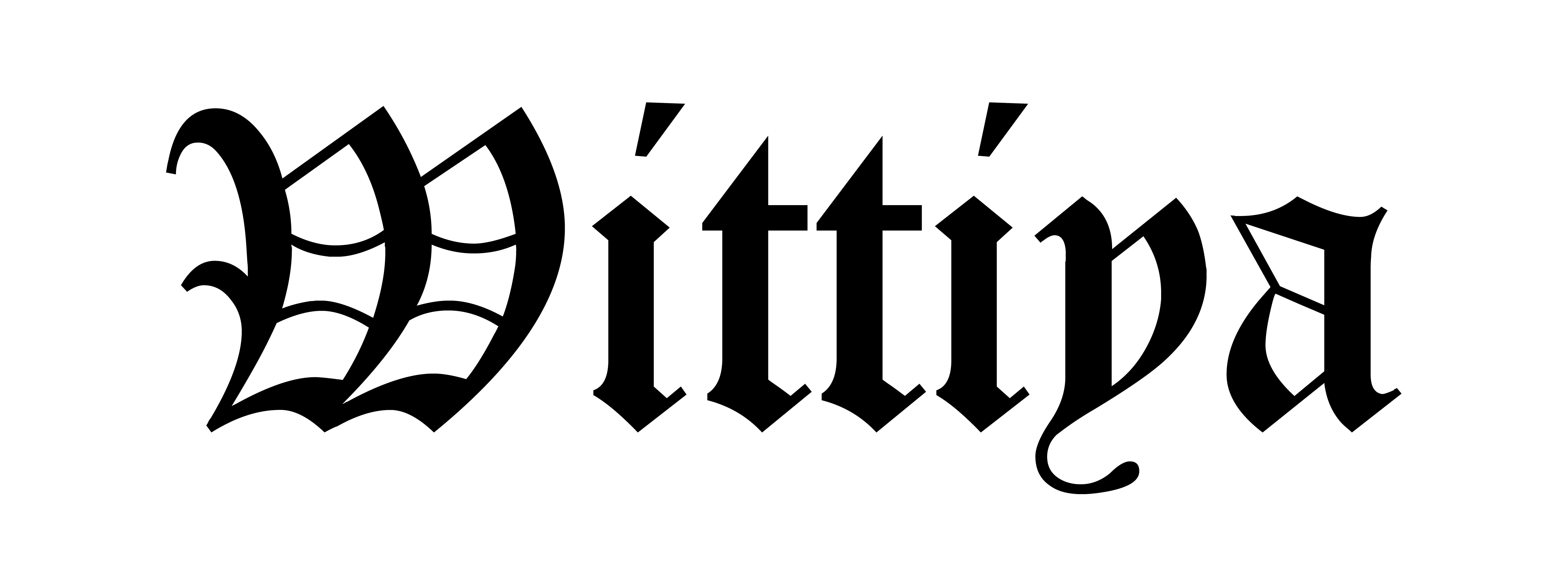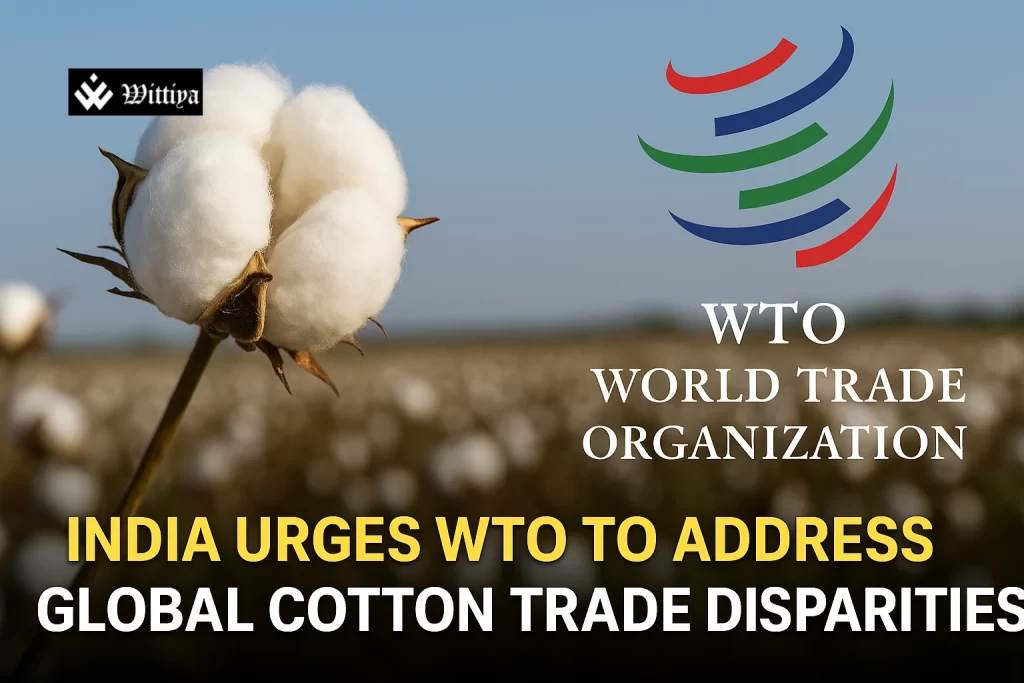India has urged the World Trade Organization (WTO) to address structural imbalances in the global cotton trade between developed and developing nations. The demand comes ahead of the upcoming Ministerial Conference in Cameroon. Citing the vulnerabilities of its farmers, particularly those cultivating cotton in arid regions, India has called for equitable support entitlements and greater fairness in international trade rules.
Ahead of the next World Trade Organization (WTO) Ministerial Conference in Cameroon, India has raised serious concerns about structural asymmetries in the global cotton sector. The Indian government has emphasized that cotton remains a sensitive domestic issue, especially for millions of small farmers cultivating it in drought-prone and arid regions of the country.
India’s statement, recorded in a WTO note, urges the multilateral trading body to resolve the long-standing inequities between developed and developing nations. The country is advocating for balanced rules and equitable support entitlements, citing how massive subsidies in wealthier countries distort the global market and disadvantage cotton growers in the Global South.
The WTO’s existing trade frameworks, India argues, disproportionately benefit developed economies that offer high domestic and export subsidies to their farmers. In contrast, countries like India, with a vast base of marginal and small-scale cotton farmers, operate under far more restrictive subsidy limits under current WTO norms.
India’s representation at the WTO further stressed the need to safeguard the livelihoods of its rural farming population by ensuring a fair, rules-based international trading system. Cotton is a critical crop for India both economically and socially, with millions of livelihoods tied to its cultivation, ginning, and spinning.
The country has proposed targeted reforms and a relook at how cotton subsidies are treated under the WTO’s Agreement on Agriculture. These points are expected to take center stage at the 13th WTO Ministerial Conference to be held in Cameroon later this year.
India has been a vocal advocate for the special and differential treatment (S&DT) clause in WTO agreements, which allows developing countries more policy flexibility. Cotton is now set to become a key issue as negotiations intensify, with India leading a bloc of developing countries demanding fairness and sustainability in agricultural trade.




